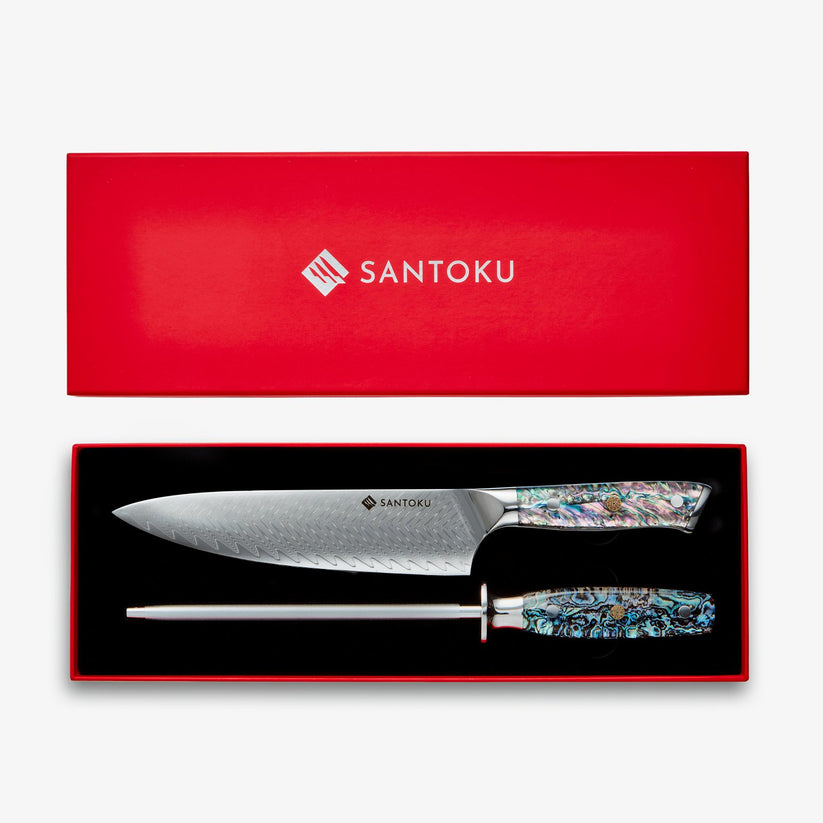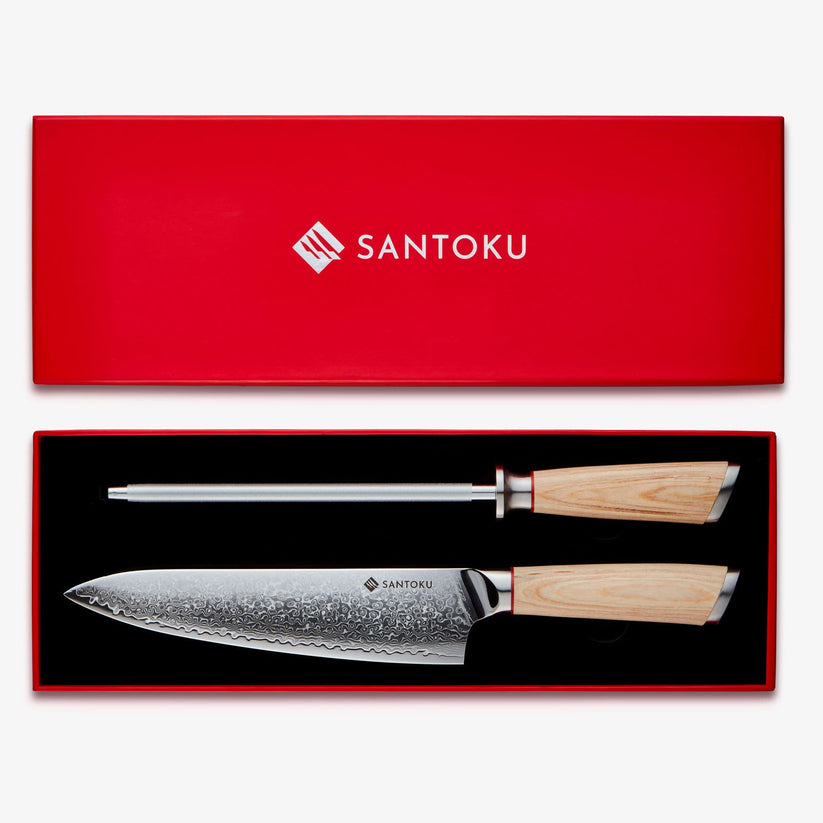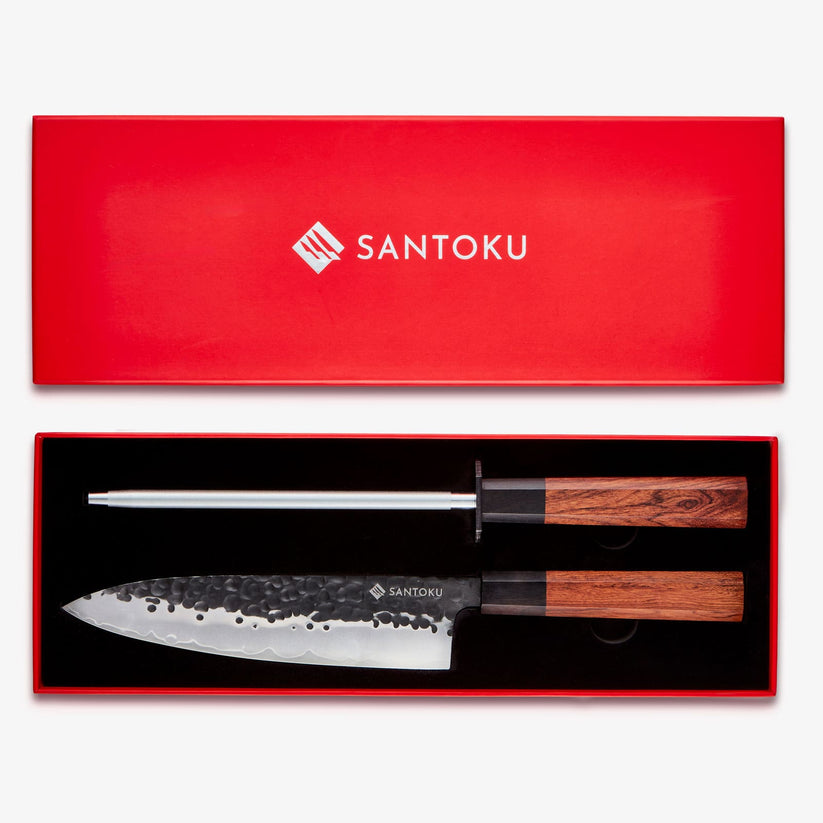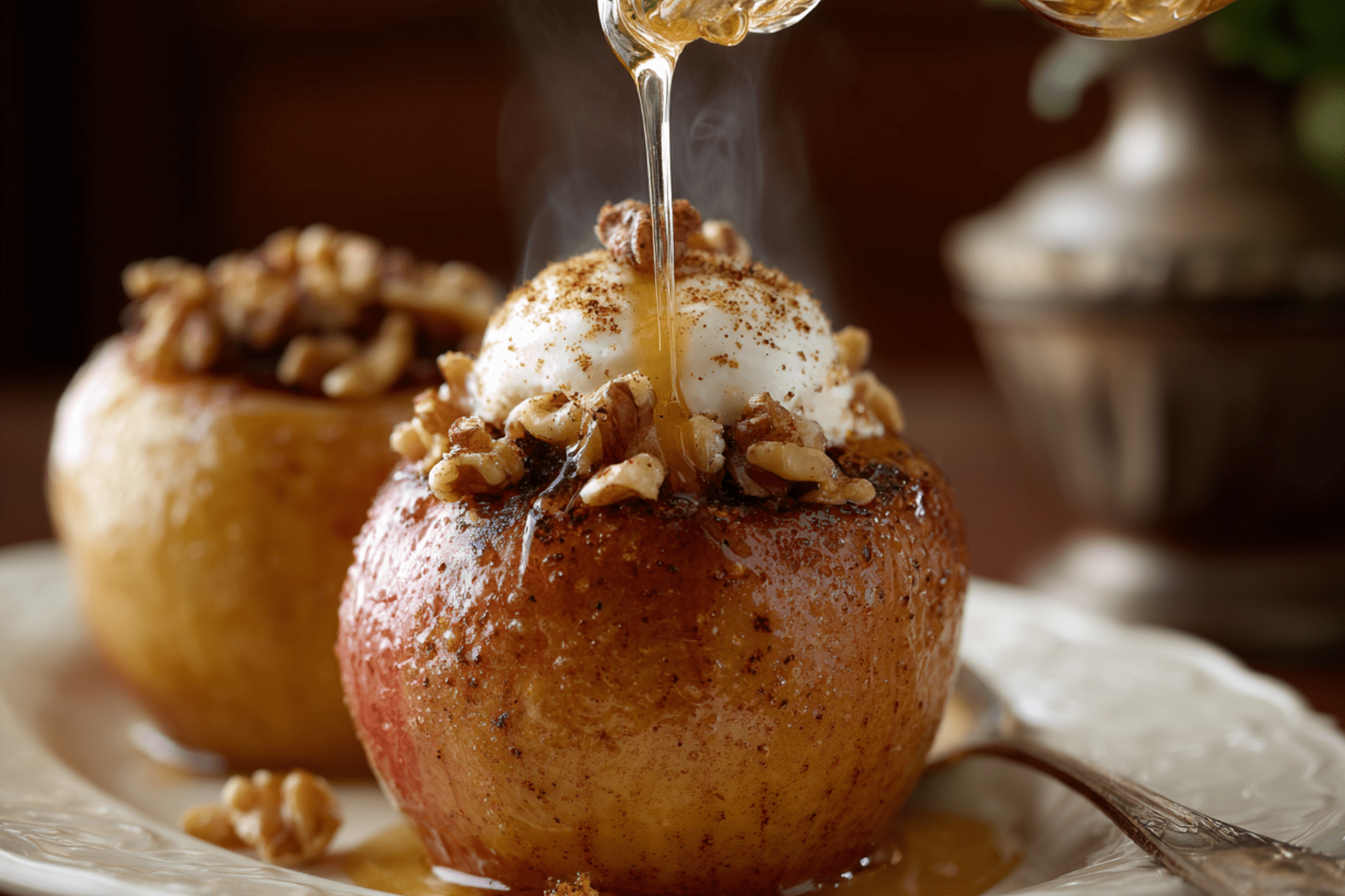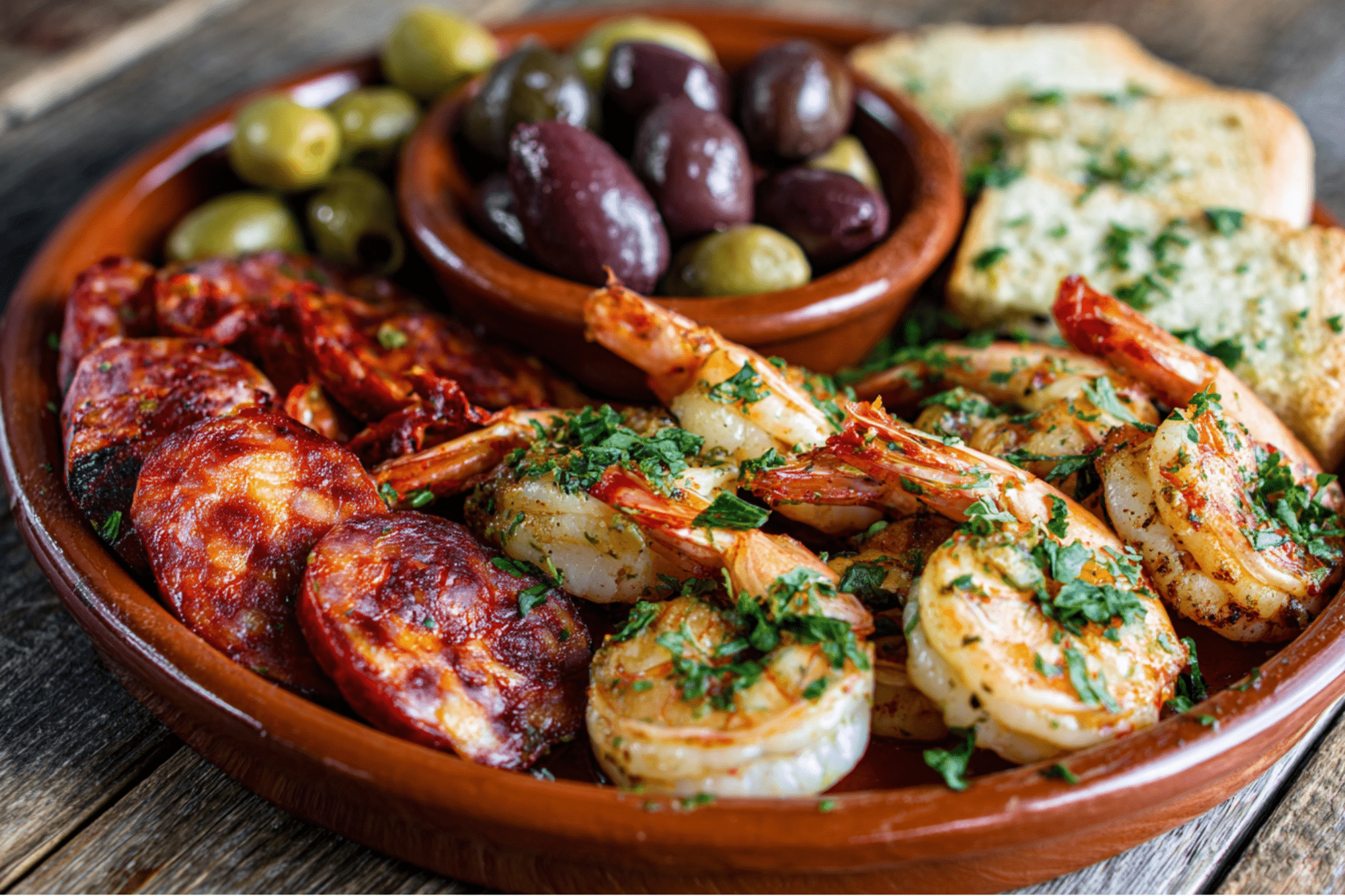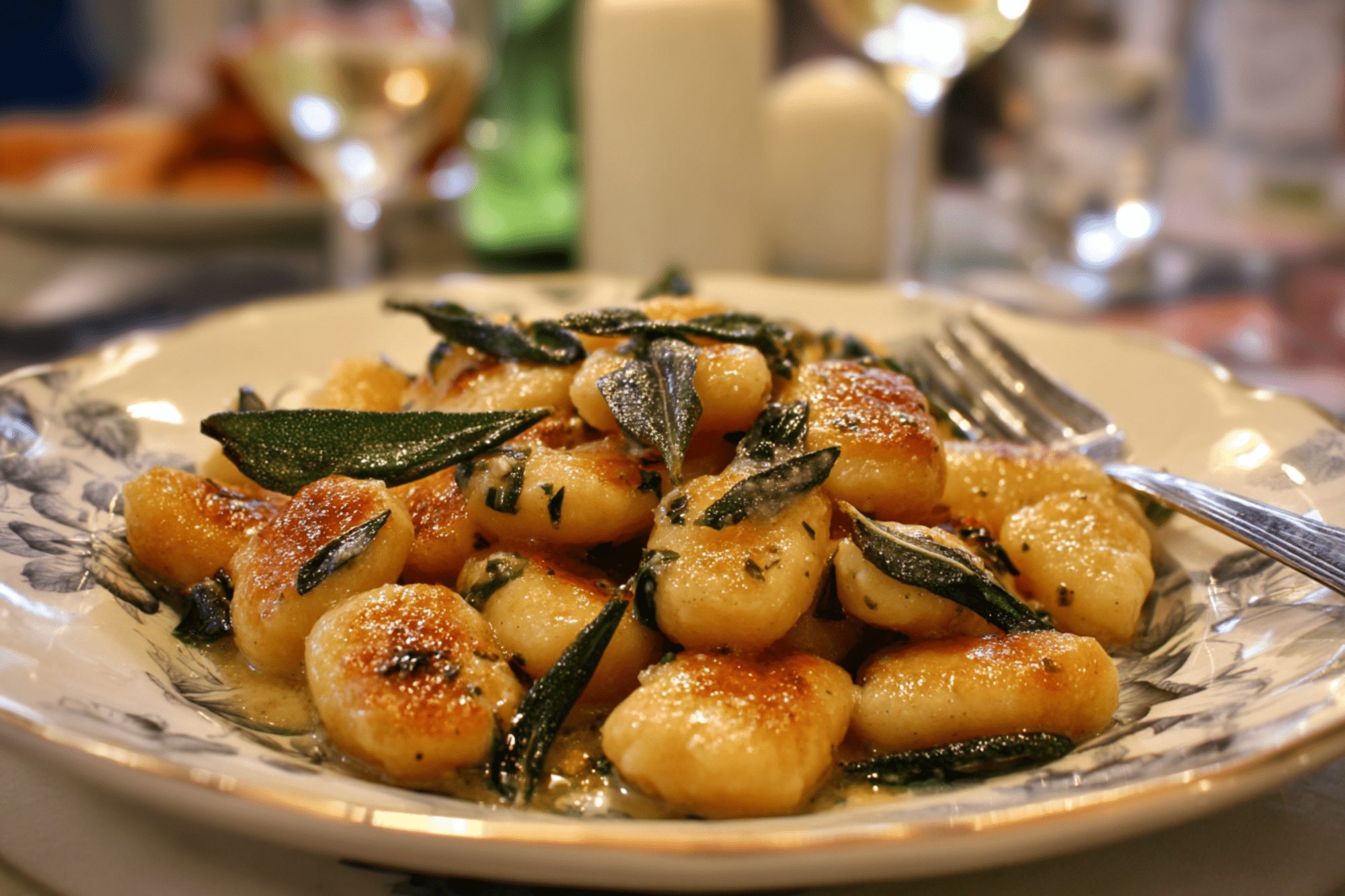
10 Tips to keep in mind when cooking Chilli Oil
- Use high-quality oil: Choose a neutral oil with a high smoke point, like vegetable or canola oil, to ensure the flavors shine through without burning.
- Control the heat: Keep the oil temperature around 250°F (120°C) to avoid burning the spices and garlic.
- Fresh ingredients: Use fresh garlic and ginger for the best flavor. Slice them thinly to maximize their infusion into the oil.
- Spice variations: Experiment with different types of dried chilies and spices to create unique flavor profiles.
- Strain carefully: When straining the hot oil, use a fine-mesh sieve to catch all the small spice particles.
- Let it cool: Allow the oil to cool slightly before pouring it over the chili mixture to prevent burning the spices.
- Stir constantly: Stir the chili mixture immediately after adding the hot oil to evenly distribute the heat and spices.
- Adjust seasoning: Taste the chilli oil after it cools and adjust the salt, soy sauce, or vinegar to your preference.
- Storage: Store the chilli oil in a clean, airtight jar in the refrigerator to extend its shelf life.
- Shake before use: Shake the jar before each use to redistribute the spices and flavors that may settle at the bottom.
Serving suggestions
Chilli Oil can elevate a variety of dishes with its spicy and savory flavor. Here are some serving suggestions:
- Drizzle over noodles: Add a spoonful of chilli oil to your favorite noodle dishes, like ramen, lo mein, or rice noodles, for an extra kick.
- Enhance stir-fries: Stir a bit of chilli oil into vegetable or meat stir-fries for a spicy boost.
- Dumpling dip: Mix chilli oil with soy sauce and a touch of vinegar for a perfect dumpling dipping sauce.
- Spice up soups: Add a drizzle to soups like wonton soup or hot and sour soup for added heat.
- Salad dressing: Incorporate chilli oil into salad dressings for a spicy twist on your greens.
- Marinade: Use chilli oil as part of a marinade for meats or tofu to infuse them with deep, spicy flavors.
- Pizza topper: Drizzle over pizza to give it an unexpected and delicious heat.
- Rice enhancement: Stir into plain rice or fried rice for an extra layer of flavor.
- Tofu seasoning: Use it to season crispy tofu or other plant-based proteins.
- Avocado toast: Add a bit of chilli oil to avocado toast for a spicy, savory breakfast treat.
FAQ'S
Q: Can I make Chilli Oil ahead of time?
A: Yes, you can prepare the chilli oil in advance and store it in the refrigerator for up to one month.
Q: Can I freeze Chilli Oil?
A: Freezing is not recommended as the oil may lose its flavor and texture. It's best stored in the refrigerator.
Q: Can I use a different type of oil?
A: Yes, you can use other neutral oils like canola or grapeseed oil. Avoid oils with strong flavors like olive oil.
Q: How do I make Chilli Oil less spicy?
A: Reduce the amount of chili flakes and Sichuan peppercorns to lessen the heat. You can also remove the seeds from the chilies.
Q: Can I add other spices or herbs?
A: Absolutely! Feel free to experiment with different spices and herbs to create your unique flavor profile.
Q: How do I know when the oil is ready to use?
A: The oil is ready when it has cooled completely and the flavors have melded together, usually after a few hours.
Q: What can I do with the leftover garlic and spices?
A: The leftover garlic and spices can be discarded or used in other recipes to add flavor.
Q: Is Chilli Oil gluten-free?
A: Yes, the basic chilli oil recipe is gluten-free. Ensure that the soy sauce you use is gluten-free if you have dietary restrictions.
Q: Can I use fresh chilies instead of dried chili flakes?
A: Dried chili flakes are recommended for their intense flavor, but you can experiment with fresh chilies if you prefer.
Q: How spicy is Chilli Oil?
A: The spiciness can be adjusted to your preference by varying the amount and type of chilies used.

